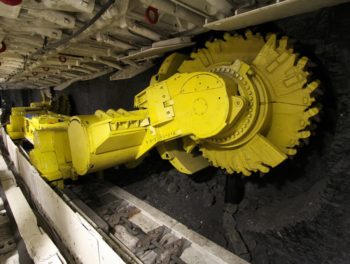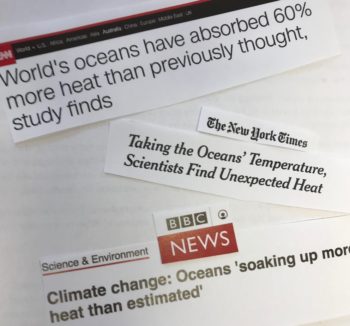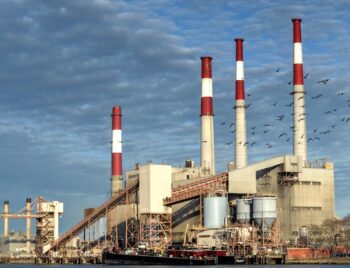
We should know, however, that any anti-coal policy that we impose is not that significant.
In fact, coal is the cornerstone of urbanization, increasingly important since the world’s cities are expanding by 75 million humans per year. Geology surely will not stop coal. In terms of proven coal reserves alone, Asia and the world have an 80 and 135 year supply, respectively – with the resource much larger. –Jude Clemente, Forbes, 15 November 2018
France is bracing for a nationwide revolt over the weekend as angry drivers plan to block roads nationwide in protest against the government’s carbon tax and rising fuel prices. The French government approved a measure in late 2017 increasing a direct tax on diesel as well as a tax on carbon, allegedly to fight against climate change. The so-called Contribution Climat Énergie (CCE), a French version of the carbon tax, has steadily increased fuel prices in recent years. Two-thirds of French people expect a “social explosion” in coming months. —GWPF, 16 November 2018
Brazil’s president-elect Jair Bolsonaro has chosen a new foreign minister who believes climate change is part of a plot by “cultural Marxists” to stifle western economies and promote the growth of China. His appointment, confirmed by Bolsonaro on Wednesday, is likely to send a chill through the global climate movement. —Jonathan Watts, The Guardian, 16 November 2018
Britain’s scheme for keeping the lights on through the winter has been thrown into chaos after a European court forced it to be suspended, triggering fears over security of supply. —The Times, 16 November 2018
If Opec thought the 26 per cent drop in oil prices since October might rein in US shale production like the last sharp drop did four years ago, it might have to think again. —Reuters, 16 November 2018

















Shale oil producers and western democracies share a common problem, debt that must be repaid with interest. Voters sense that we don’t have the luxury to burden our economies with another tax on energy, a tax on everything. Better to eliminate profligate government behaviour.
The shale drillers will sell their oil at cheaper prices to maintain cash flow. Alberta’s oil sands producers are proof.
Alberta oil is hit by another (major) problem–lack of ability to ship the oil due to pipeline and rail capacity. Between the pipeline to the US and the one to Vancouver both in trouble they just don’t have ways to ship their oil so prices have had to drop in order to get any buyers.
Yes, Steve, lack of pipelines has depressed Alberta oil prices. Yet they continue to produce. Shale producers will as well.